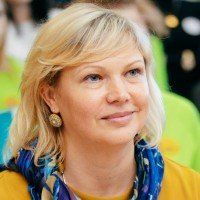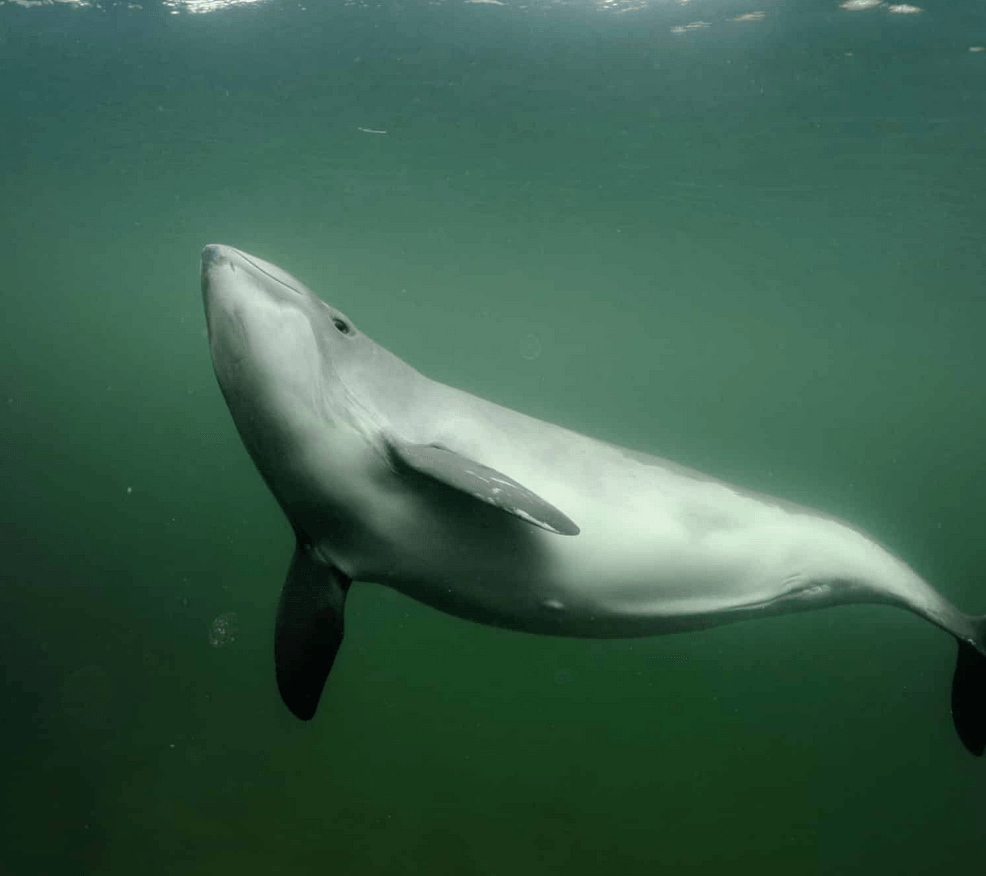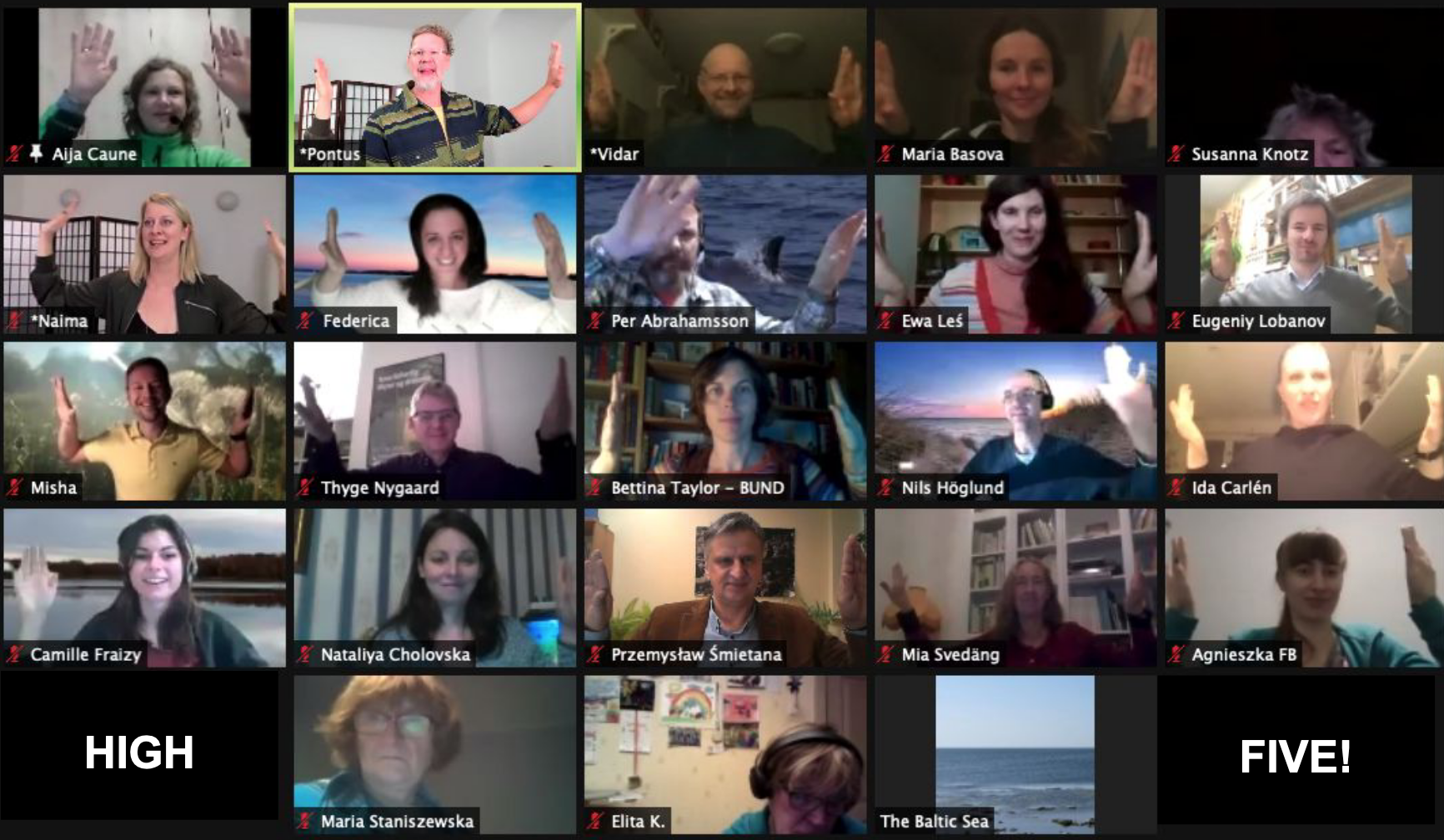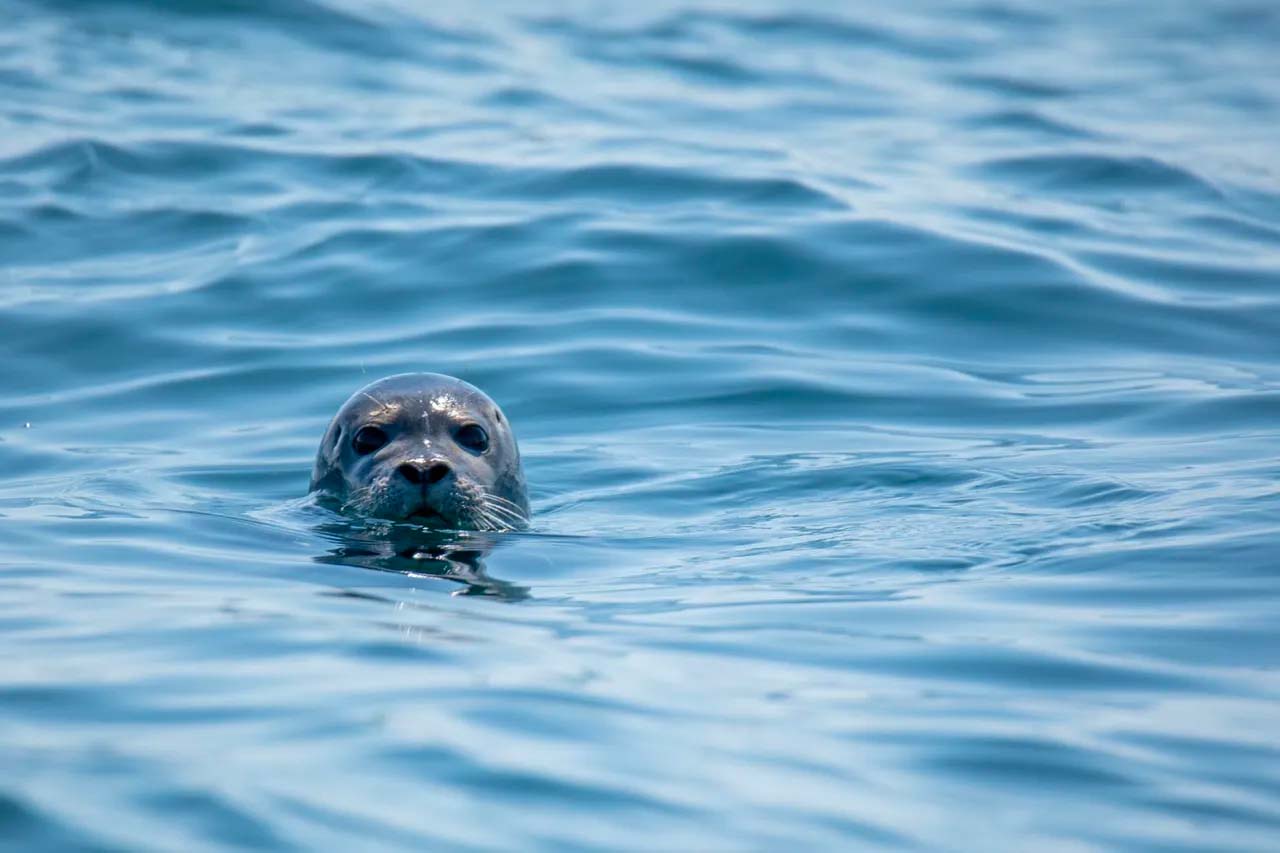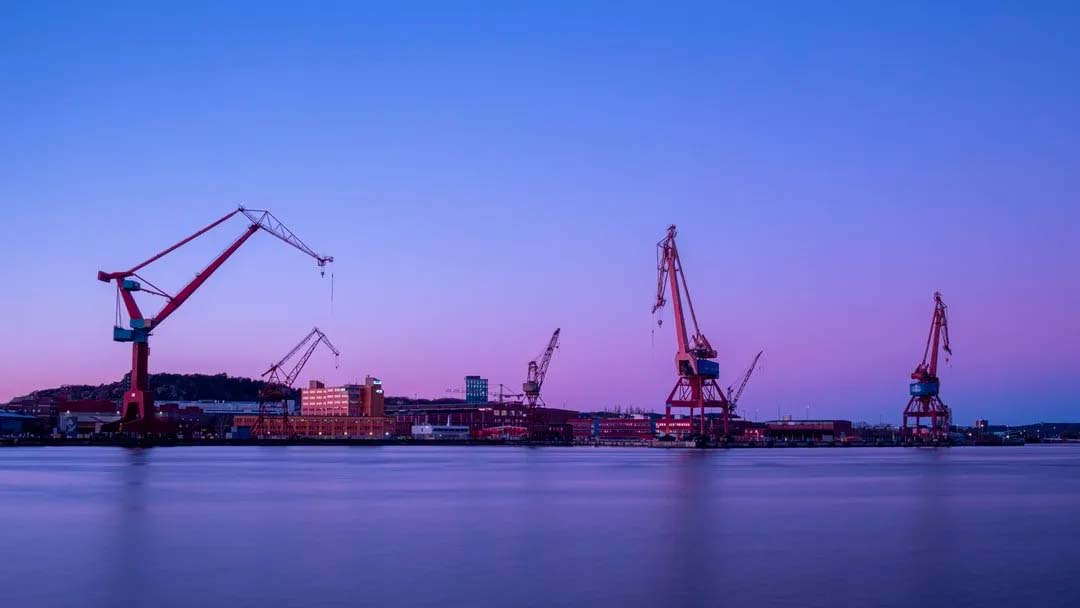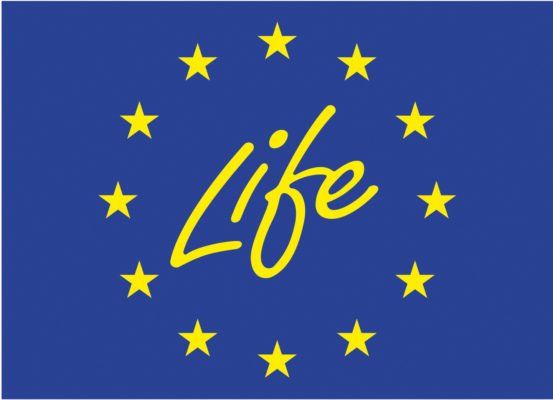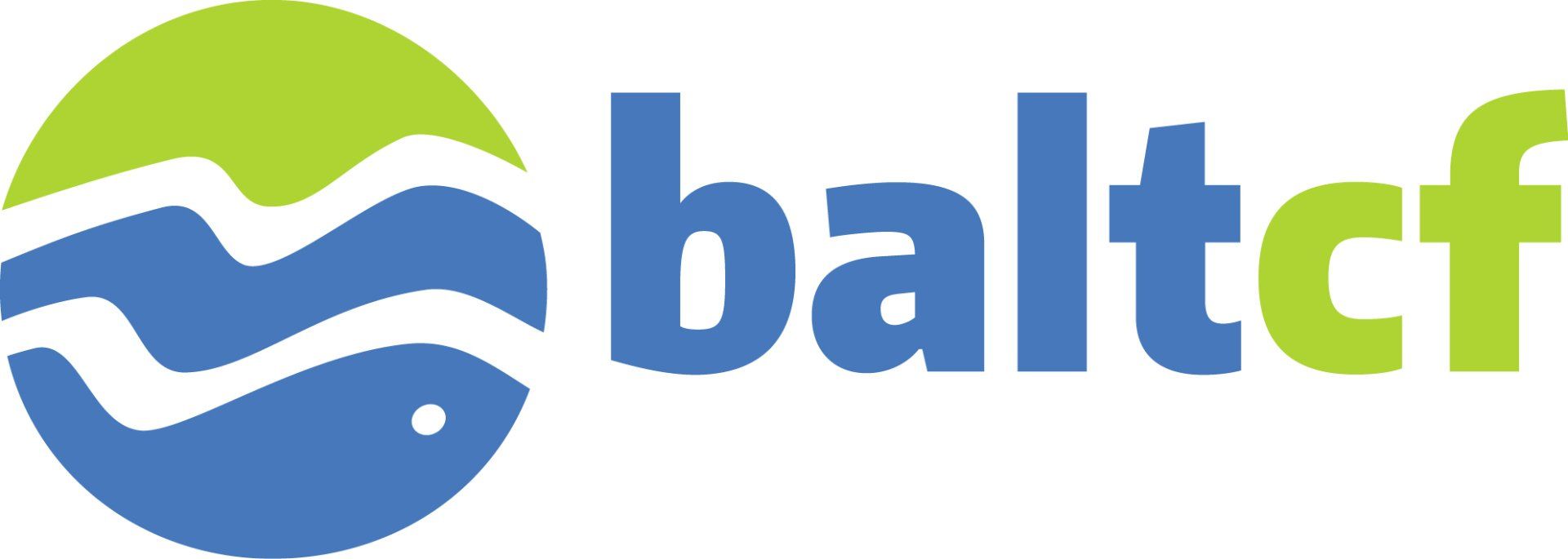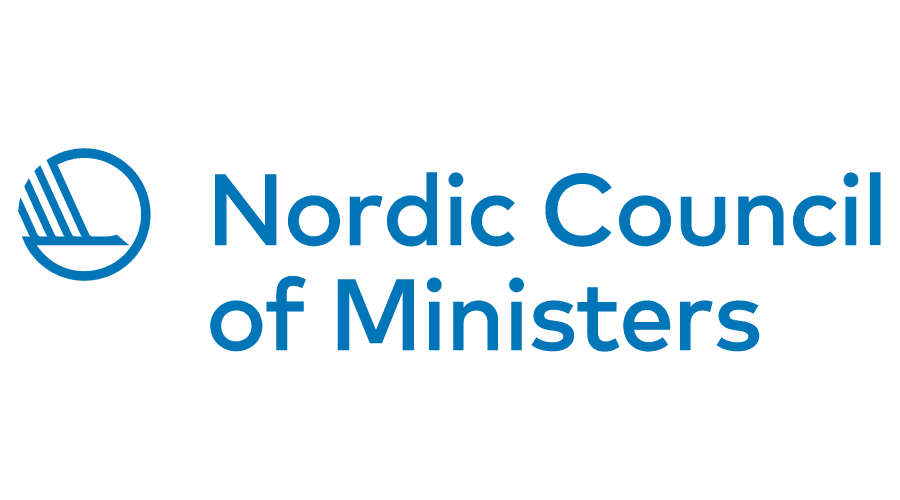OVERVIEW
CCB NETWORK IN THE BALTIC SEA REGION
HIGHLIGHTS
THE BEST OF 2020
ACHIEVEMENTS
OUR WORK DURING THE YEAR 2020
@CCB 1203 followers
@Raddatumlaren 933 followers
18 events organized
by CCB
@CCB 298 followers
@Raddatumlaren 126 followers
+70 events attended
@CCB
657 followers
CCB 30th Anniversary
& start of a process to
re-vitalize the network
@CCB +23 subscribers
26 publications
FINANCES
These graphs provide a summary of CCB incomes and expenditures.
List of Services
-
Incomes Write a description for this list item and include information that will interest site visitors. For example, you may want to describe a team member's experience, what makes a product special, or a unique service that you offer.
List Item 1 -
Expenditures Write a description for this list item and include information that will interest site visitors. For example, you may want to describe a team member's experience, what makes a product special, or a unique service that you offer.
List Item 2
Conclusion
An important lesson learned this strange year is that many of the meetings we normally travel for can be held online in a very effective way. As part of our internal travel and climate policies, CCB has been using such tools for a long time and promoting its use also in international meetings.
You can download the PDF of CCB 2020 Annual Report here.
Follow us:

